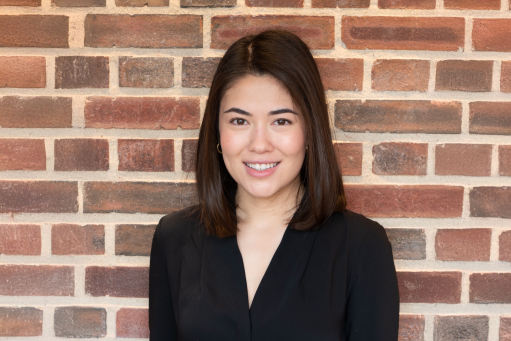May 31, 2025, New Brunswick, NJ –The Horowitz Foundation for Social Policy has selected twenty scholars to receive research grants in the social sciences for the 2024-2025 award year. Those receiving awards, their research topics, and the institutions with which they are affiliated are listed at the end of this announcement.
“This year we received 501 applications” said Ayse Akincigil. “The awards are competitive: the twenty applicants who are receiving awards this year represent less than four percent of those who applied. Although many of the proposals were on topics of social and political importance, the Foundation’s Trustees consider these proposals to be particularly strong, and vibrant examples of how policy research can help meet the challenges of today’s complex society.”
About the Horowitz Foundation for Social Policy
Established in 1997, the Horowitz Foundation issued its first awards in 1999. Awards are granted for policy-related research in all major areas of the social sciences. Only doctoral students whose dissertation proposals have been approved by their committees are eligible to apply. Awards are approved solely on merit, and are not allocated so as to ensure a representative base of disciplines. Applicants need not be citizens of the United States, and grants are not restricted to U.S. residents.
2025 Horowitz Foundation Award Recipients
Sukriti Beniwal, Georgia State University
Who Delivers? Midwives & Maternal Outcome in Medicaid
Ayelet Carmeli, Massachusetts Institute of Technology
Varieties of Financial Citizenship: Welfare States and Savings Regimes
Liliana Sierra Castillo, University of California Santa Barbara
Displaced by the Blue Economy: Social-Ecological Impacts on Coastal Communities in Honduras
Emily Elizabeth Dobson, University of Maryland
How Cash for Parents Becomes Opportunity for Kids: Examining Spending of the Child Tax Credit
Annika Gompers, Emory University
Identifying Multilevel Determinants of Racial and Gender Inequities in Access to Kidney Transplantation in the US to Inform Interventions and Policies
Joseph Hnath, Harvard University
Irving Louis Horowitz Award
Default Health Insurance Choices and Managed Care for High-Need Populations
Matthew Jacob, Harvard University
After the Crisis: Foreclosure's Lasting Impact on American Families
Donghwan Ki, Ohio State University
Toward Inclusive Planning: An In-Depth Investigation of Walkability in Minority Neighborhoods Using Generative AI and Street View Images
Noah Kouchekinia, University of California
Inclusionary Zoning and the Supply of Affordable Housing: Evidence from California Localities
Elizabeth Krause, University of Kentucky
The Effect of LARC on Birth Spacing and Infant Health: Evidence from Changes in the Medicaid Payment Structure
Lillian Leung, Princeton University
Where the Other Half Lives: How Neighborhoods Matter to Immigrant Housing Outcomes
Zikai Li, University of Chicago
Building Climate Coalitions: Social Equity Provisions and the Green Transition in the United States
Audrey Pereira, University of North Carolina
Economic Stress, Youth Relationships, and Partner Violence: Evidence from the Malawi Social Cash Transfer Program
Guy Pincus, London Business School
Trustees’ Award
Wildlife & Conflicts: the Unintended Consequences of Biodiversity Protection Policies
Christina Plakas, University of South Carolina
Access to Justice Behind Bars: A Mixed-Methods Study Defining and Measuring Meaningful Access to the Courts in U.S. Jails
Aarushi Shah, Columbia University
Crime and Replenishment? An Ethnographic Study of the Remedial Work of an Urban New York Domestic Violence Court
Rohen Shah, University of Chicago
When the Student Becomes the Master: A Field Experiment on Learning by Teaching
Aditya Srinivasan, Syracuse University
Imagining Infrastructure: The Past and Future of Interstate 81
Dorit Talia Stein, Harvard University
Modeling Health and Financial Risk Protection Impacts of National Health Insurance in Uganda
Nagisa Tadjfar, Massachusetts Institute of Technology
Screening or Exclusion? Reduced standardized testing and academic mismatch
The 2025-2026 Horowitz Foundation award application will open on July 1, and it will be available to individuals that have not previously applied.
